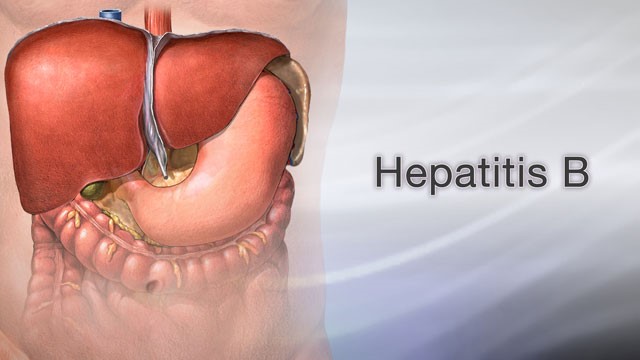AYV News, July 31, 2024
Sierra Leone’s Ministry of Health and Sanitation has said approximately 13.8% (about 1.1 million people) of the population of Sierra Leone are living with chronic Hepatitis B Virus (HBV), while hepatitis C also affects many and requires urgent attention.
Hepatitis is an inflammation of the liver. The condition can be self-limiting or can progress to fibrosis (scarring), cirrhosis or liver cancer, according to the World Health Organization (WHO).
Though the statement of the Ministry of Health did not provide details about the characteristics of the affected population, a new study, ‘Prevalence of Chronic Hepatitis B Virus Infection in Sierra Leone, 1997–2022: A Systematic Review and Meta-Analysis’, which was published in the American Journal of Tropical Medicine and Hygiene shows that the pooled prevalence of chronic HBV infection was 13.0% in Sierra Leone.
During the study period, the HBV prevalence rates were as follows: 17.9% before 2015, 13.3% during 2015–2019, and 10.7% during 2020–2022.
The use of the 2020–2022 HBV prevalence estimates corresponded to 870,000 cases of chronic HBV infection (uncertainty interval, 610,000–1,213,000), or approximately one in nine people, according to the study.
The study shows that the highest HBV seroprevalence estimates were among adolescents aged 10–17 years, Ebola survivors 36.8%, people living with HIV 15.9%, and those in the Northern Province 19.0% and Southern Province 19.7%.
The research indicates that there are significant knowledge gaps regarding the prevalence of viral hepatitis B and C in Sierra Leone, despite the high burden reported in a few studies. There are limited programmatic interventions on the control and prevention of viral hepatitis in the country, according to the study.
Even though the impact of hepatitis extends beyond health, affecting the socio-economic fabric of our society, limited access to testing and healthcare services results in many people being unaware of their hepatitis status, leading to late diagnoses and poorer health outcomes, according to health authorities.
The Health Ministry said, “Our healthcare infrastructure faces immense challenges in providing adequate services for prevention, diagnosis, and treatment of hepatitis. Increased funding, improved healthcare facilities, and trained healthcare professionals are critical to effectively addressing this growing epidemic.
“Despite these challenges, there is hope. With the support of international partners, government commitment through the Ministry of Health, and community efforts, we are making strides towards better prevention and treatment.
“Vaccination programs for hepatitis B, awareness campaigns, and improved access to testing and antiviral therapies are key components of our strategy to combat hepatitis.”

Share
Read more
